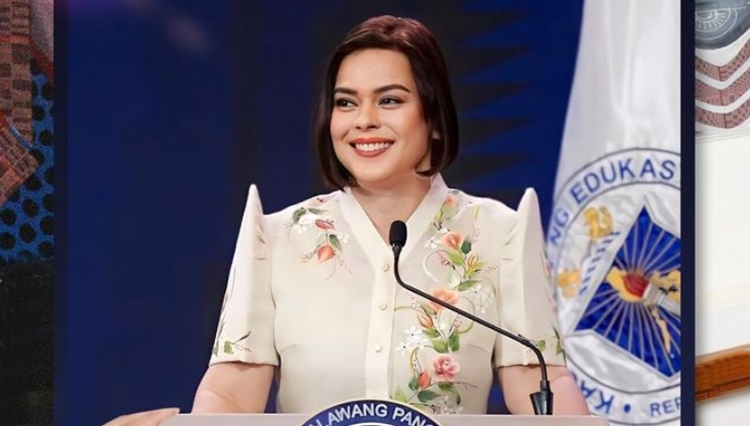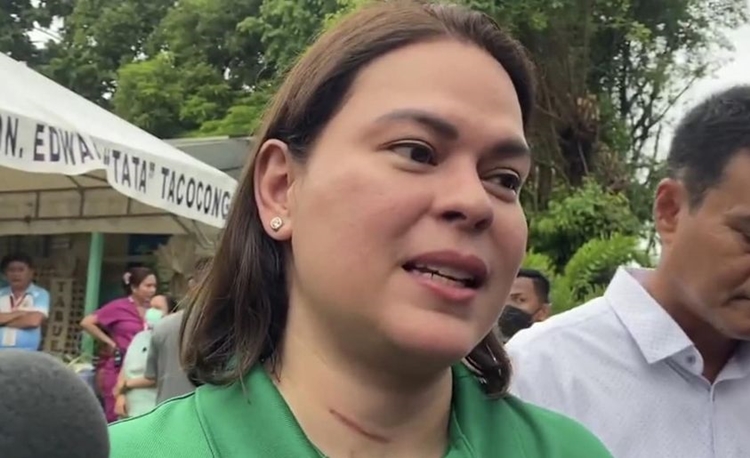VP Sara Duterte Clarifies ‘Designated Survivor’ Remark
SARA DUTERTE – The Vice President clarified that her “designated survivor” comment regarding her absence from President Ferdinand Marcos Jr.’s third State of the Nation Address (SONA) on July 22 was neither intended as a joke nor as a bomb threat.
Some lawmakers criticized Duterte’s “designated survivor” remark, citing concerns over its appropriateness, especially in terms of presidential security. Manila Rep. Joel Chua voiced his disapproval, highlighting the seriousness of presidential security amidst current political tensions. ACT Teachers Rep. France Castro suggested that the remark hinted at Duterte’s ambition to eliminate President Marcos and other national officials to establish dictatorial control, reminiscent of her father’s controversial tenure.
Speaker Martin Romualdez refrained from commenting directly on the joke but emphasized the importance of unity and cooperation among leaders during significant events like the SONA. He underscored that while public officials have the prerogative to decide on their attendance, solidarity and focus on the collective good are crucial.

During an interview with reporters at Brigada Eskwela in Cebu City, one of Duterte’s final activities as Department of Education Secretary before her resignation effective July 19, she elaborated on her “designated survivor” remark: “Dili siya joke, dili siya bomb threat. I think many missed the point. So for me, wala akong sagot the first time, I don’t think it deserve an explanation.”

Meanwhile, a “designated survivor” is a high-ranking official appointed to assume the role of the head of state or government in the event that a catastrophe incapacitates or kills the president and other key leaders during significant gatherings. This ensures continuity of government, particularly during events where top officials are gathered, such as the State of the Union address. The designated survivor stays at a secure, undisclosed location and is provided with the necessary resources to perform presidential duties if needed. This practice aims to maintain government stability and leadership continuity during emergencies.
